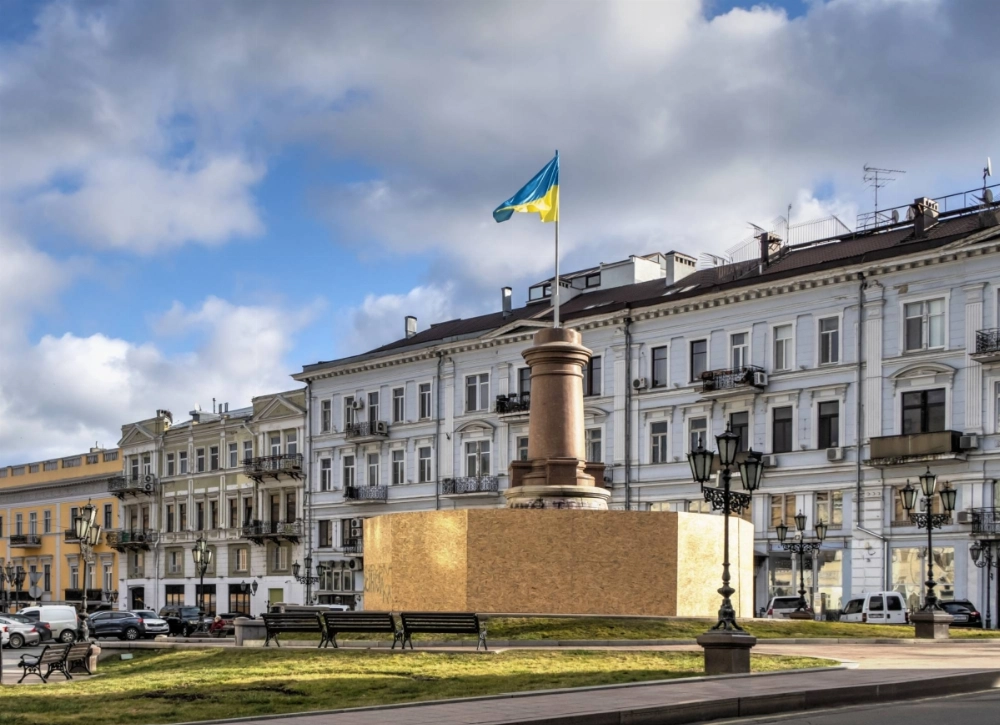Thirty years ago, in a Ukrainian churchyard where my Russian ancestors are buried, I knelt beside a very old woman leaning on a stick, her hair covered in a black kerchief. Behind us stood the Russian church that my great-grandfather built on his estate and where he lies buried.
The old woman was the last villager left who could remember the time when our family lived there. She had been a young girl of six or seven, running up to the kitchen door of the big house, carrying blueberries in her apron and receiving from my grandfather’s sister a spoonful of hot blackberry jam.
After that, the Bolshevik Revolution came, my family fled, the church was closed and Soviet agents from the city eventually confiscated the grain, took away the kulaks and left everyone to starve. The Holodomor, the famine that Stalin inflicted on Ukraine, reduced people who had farmed the richest soil in Europe to eating grass.


















With your current subscription plan you can comment on stories. However, before writing your first comment, please create a display name in the Profile section of your subscriber account page.